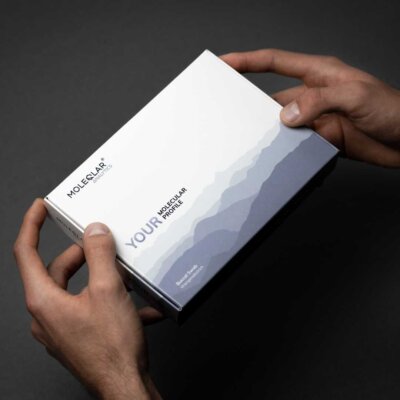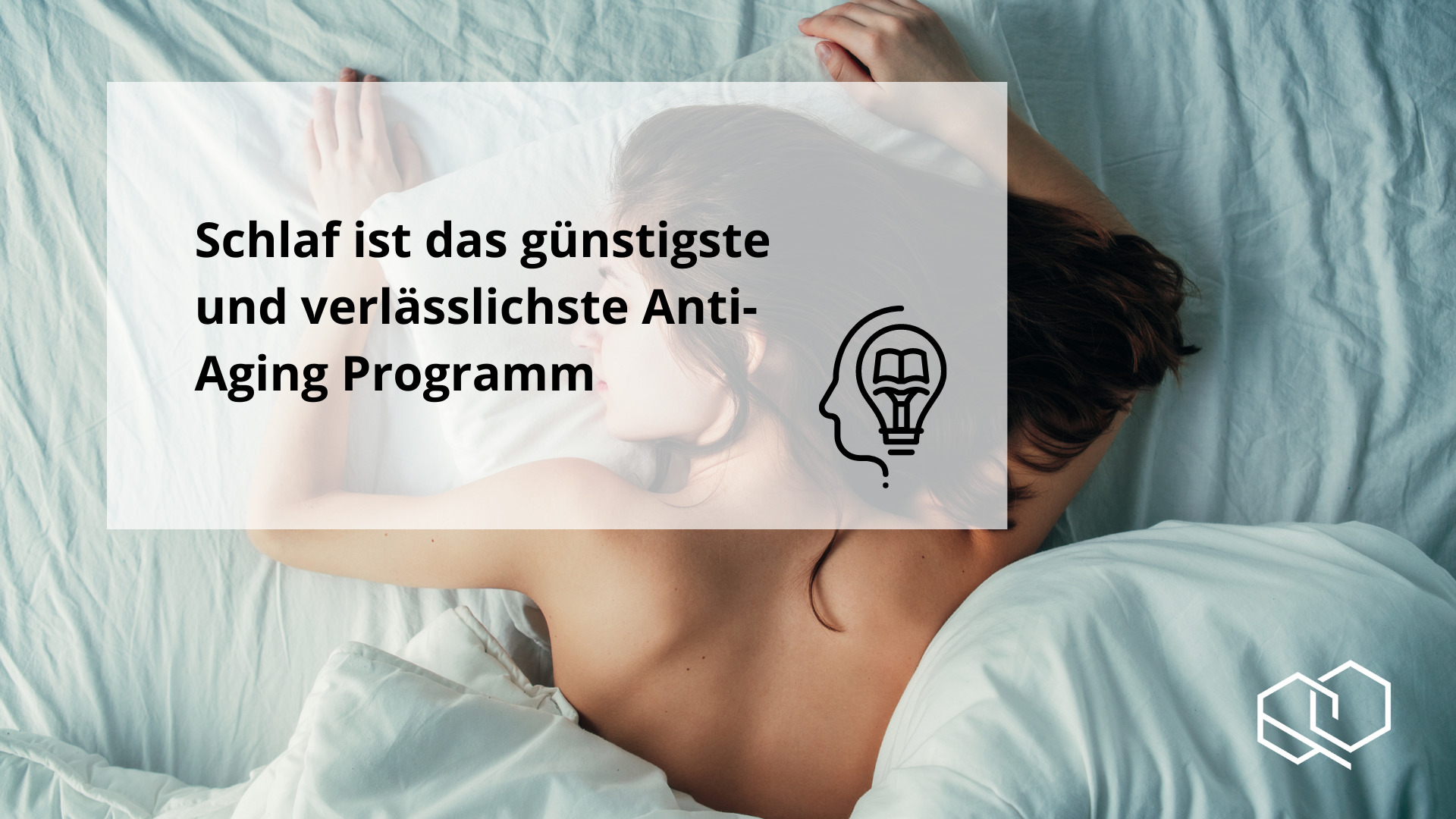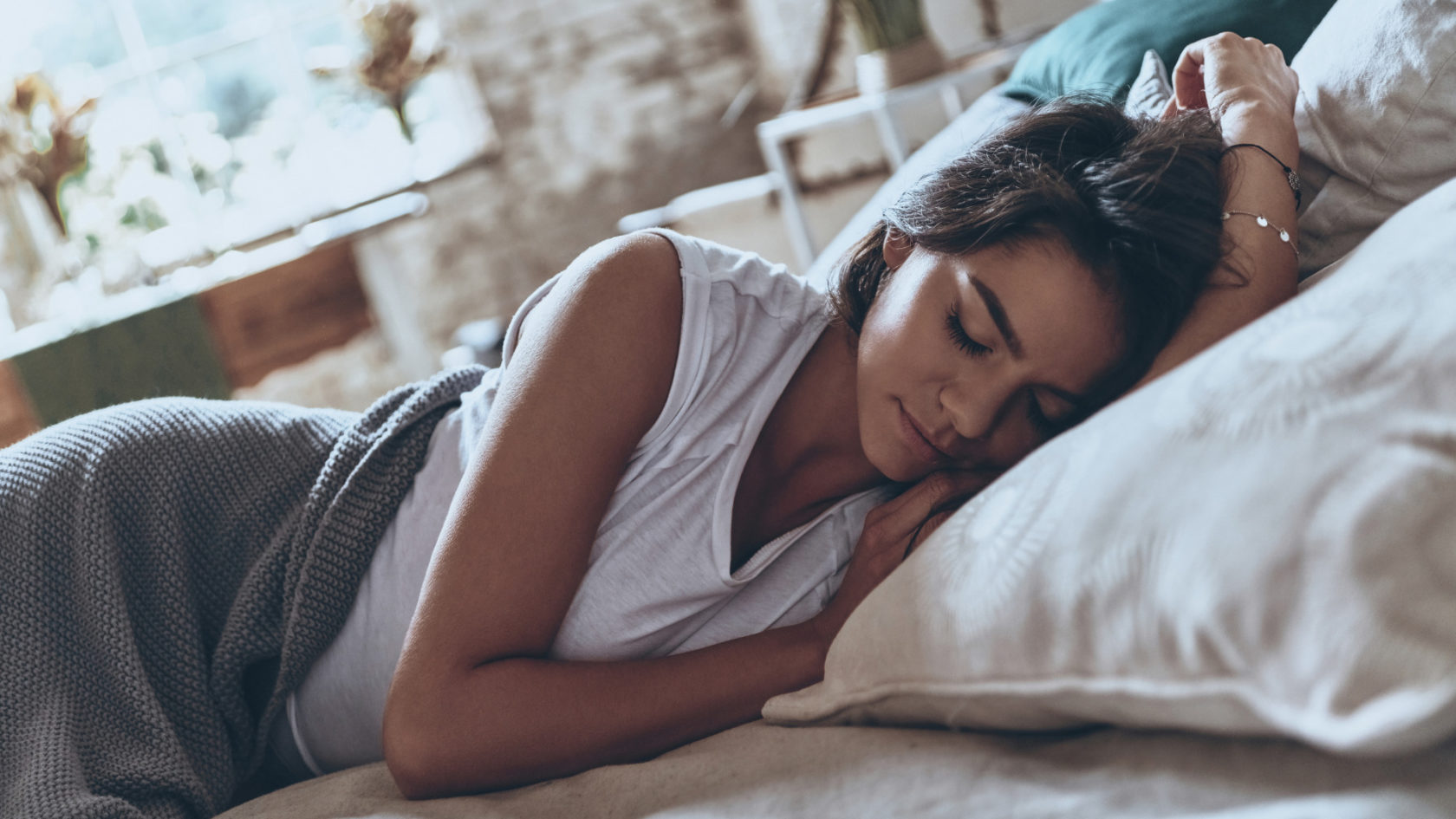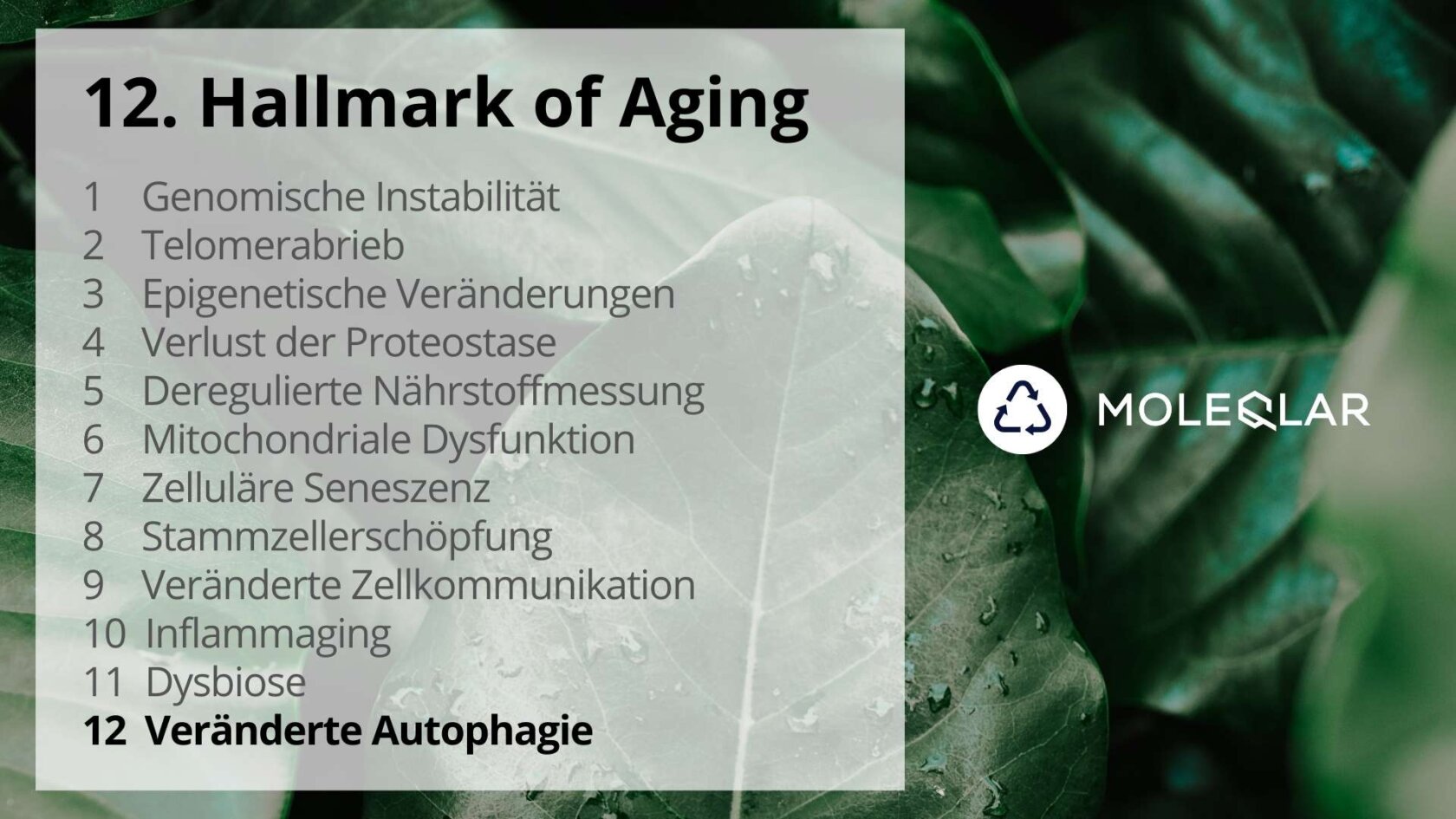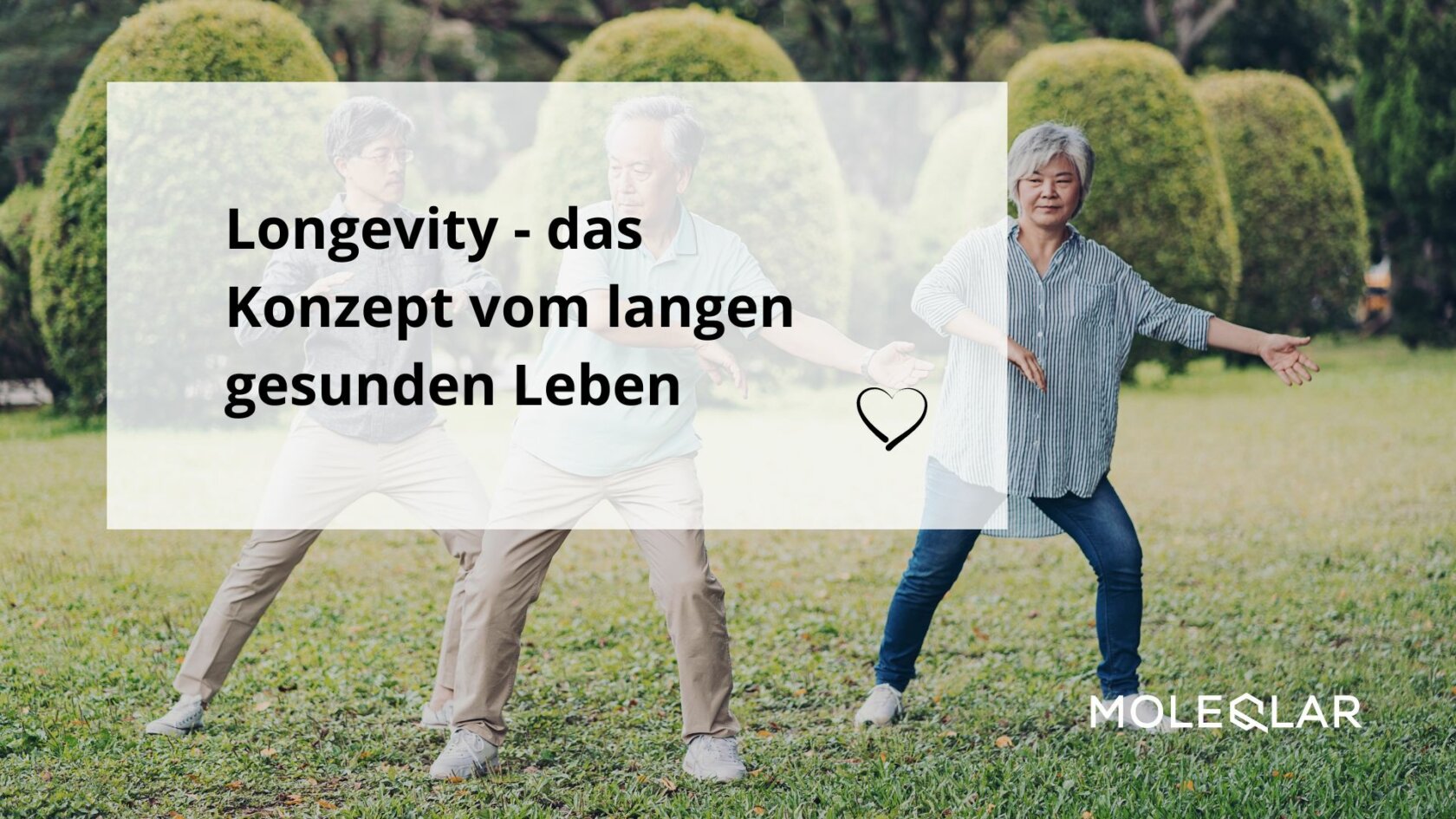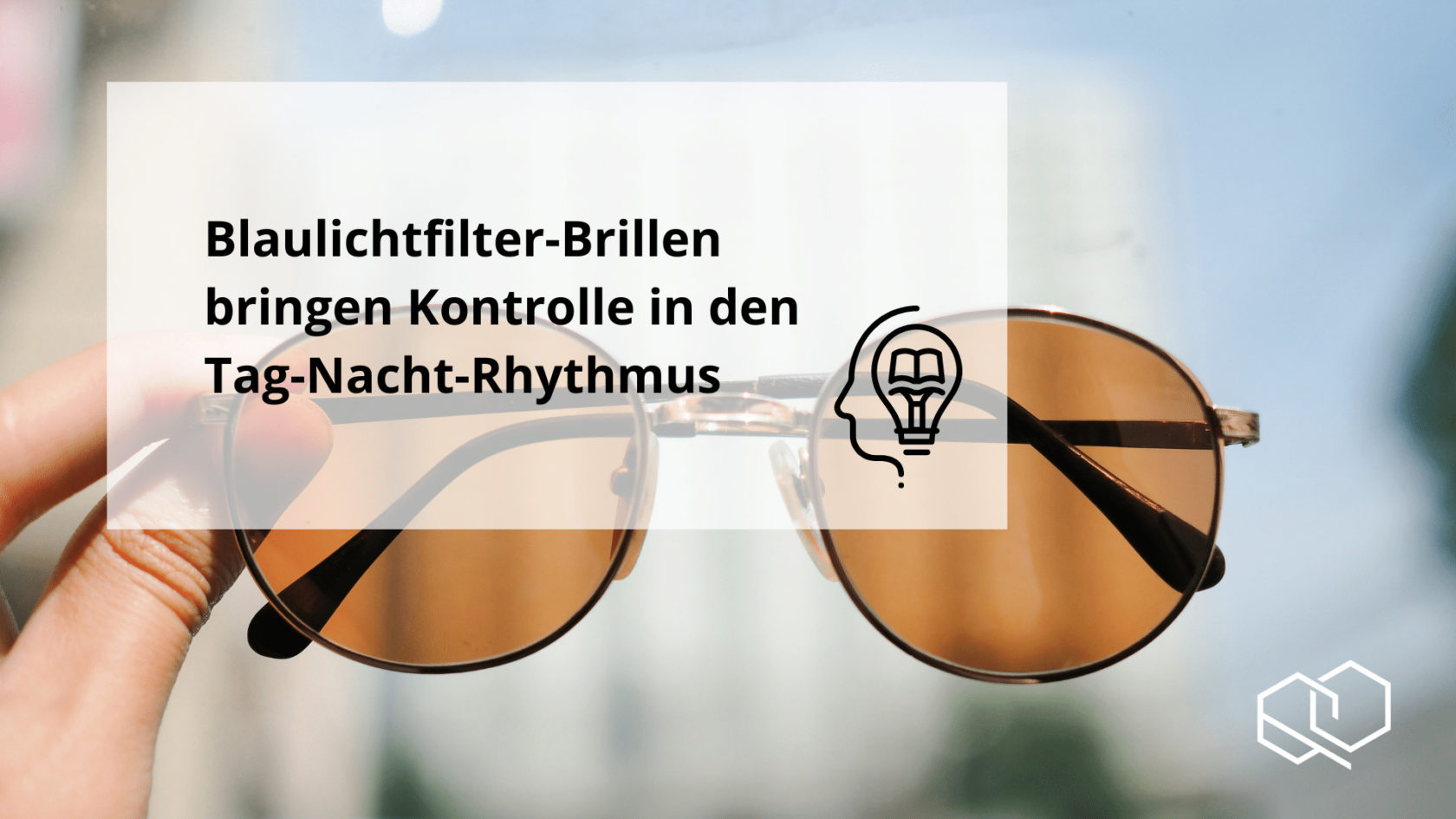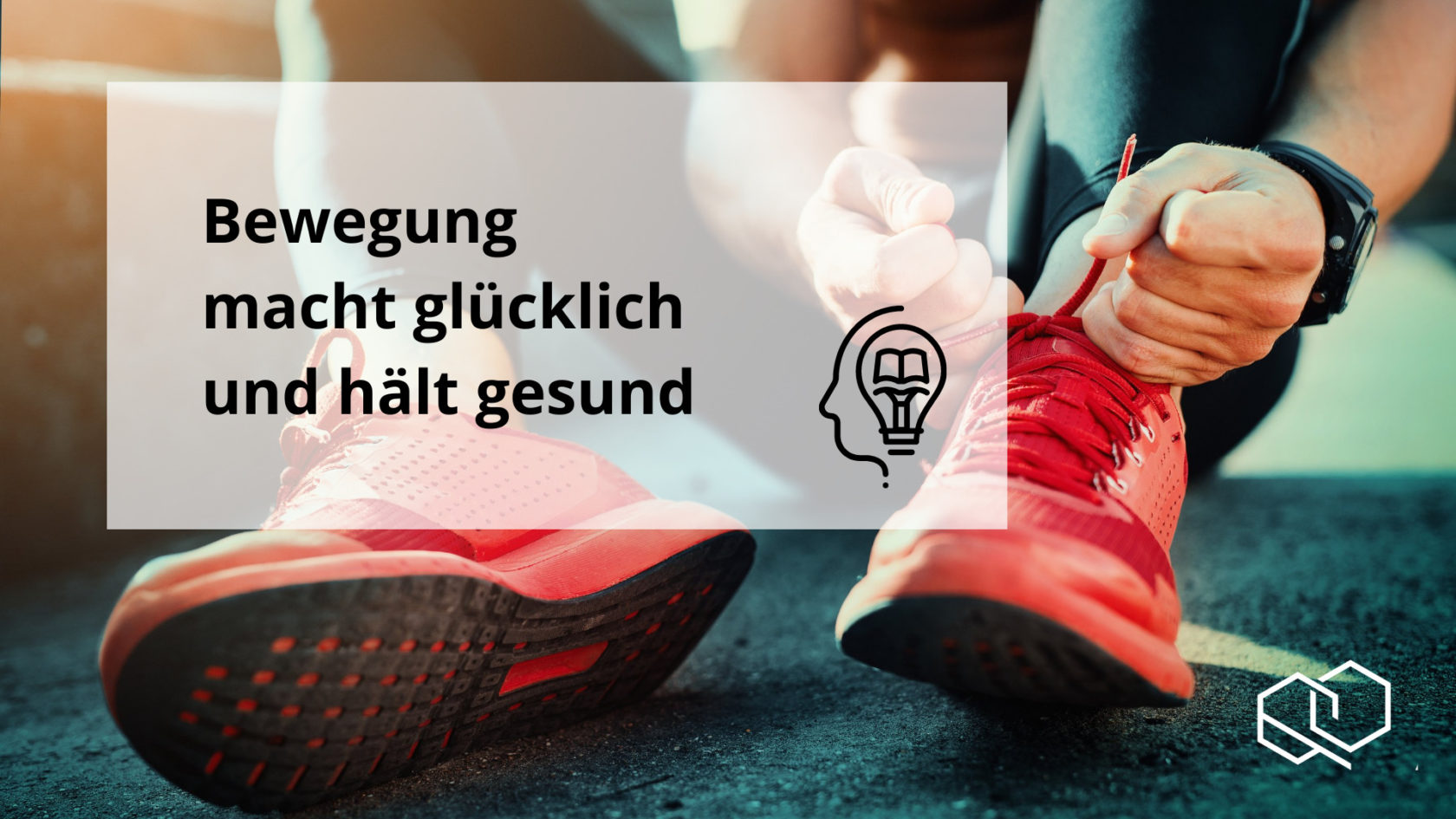We all know that sleep is a state without conscious sensation - we experience this anew every night. But sleep is also a kind of daily recovery cure that allows our body to use all the resources at its disposal. Research even goes one step further and calls sleep the most beneficial and reliable anti-ageing programme. Why? During sleep, our body recovers and gathers new energy for the following day. In addition, newly learned knowledge is consolidated, emotions are regulated, the nervous system can develop, cells regenerate and grow and the body can detoxify. All these processes are influenced by some of the body's hormones (melatonin, growth hormone, cortisone).
As positive as good sleep is for our health and longevity, the consequences of poor sleep or lack of sleep are equally detrimental. What is behind this?
Why does a lack of sleep have a negative effect on health?
Striking correlations result from the increased incidence of many chronic diseases and the simultaneous decline in daily sleep time over the last 20-30 years. Many studies confirm the scientific significance of this trend. Chronic diseases include cardiovascular diseases such as high blood pressure, metabolic diseases such as diabetes mellitus, chronic kidney failure and, with increasing frequency, mental diseases such as depression.
As a special study group, people who work shifts and often at night were observed, as this is the best way to demonstrate how sleep behaviour adapts to these living conditions. In night workers, the stress hormone cortisol was shown to be elevated by over 35% compared to day workers. Other inflammatory values (interleukins, cytokines, C-reactive protein) are even increased by up to 95%. Little sleep therefore means not only the general tiredness that we perceive, but also an increased stress level for the entire organism at the molecular level.
Based on these studies, medical associations are rightly calling for a greater focus on sleep hygiene. In Germany alone, one in three people say they do not sleep well. When analysing the sleeping times of the study participants, it is often noticeable that even when sleep is rated as good, sleep is too short. The ideal sleeping time is seven to nine hours a day, which is not reached in about 40% of cases.
"Early to bed and early to rise makes one healthy, rich and wise" - Benjamin Franklin.
What is a sleep phase?
Sleep is fundamentally not a homogeneous, constant state. Anyone who has had experience with wearables or fitness bands probably knows that there is such a thing as deep sleep or REM sleep. Sleep research sees the devil a little more in the detail and distinguishes between five phases:
-
Waking phase:
There is also an initial waking phase during sleep. We close our eyes and try to fall asleep. Our brain activity reduces and we start to relax. Likewise, there are waking phases during the night - even if they take place subconsciously.
-
Sleep stage N1
The lightest sleep phase accounts for about 5-10% of our sleep and is the transition phase from wakefulness to real sleep. Well-known and typical for N1 sleep is the spontaneous muscle twitching that can occur during a short nodding off.
-
Sleep stage N2
A much deeper sleep awaits us in the N2 phase. It accounts for about 45-55% and thus the majority of our sleep.
-
Sleep stage N3 (deep sleep)
This phase accounts for 10-25% of our sleep and is the deepest sleep phase. This is when we are hardest to wake up and the body is most busy regenerating and processing the day's information.
-
REM sleep
REM stands for "rapid eye movement" which means "fast eye movements". We spend 15-25% of our sleeping time in this phase. It is characterised by intense dreaming and the processing of emotions.
Now it is clear what sleep phases are and that lack of sleep makes you ill. So how do you sleep better?
7 practical tips for your night's rest
Tip 1: Switch off screens in good time
For many respondents, watching TV or using other displays such as a mobile phone, tablet or computer is part of their evening routine. The problem here is the blue light waves that activate our brain and keep us unnaturally awake. According to a very recent study, this is even more problematic for preschool children than for adults. Exposure to light 1 hour before bedtime lowers the melatonin level by up to 98.7 %.
In order to reduce the blue light waves, there are also so-called blue light filter glasses in addition to the adjustment options of the digital devices. These typically have orange lenses and filter out the blue light waves from the incoming spectrum. So if you still have to work in the evening and still want to sleep well - try these out. For children, light dimmers or night red lights can be used to improve sleep.
In addition, many people tend to regularly focus on their mobile phone next to the television. This dual occupation is very exhausting for the brain and also prevents you from falling asleep this way. As a healthier alternative to Smart TV, you can pick up a classic book. If you prefer to take things in differently, you can occupy yourself with audio books or podcasts - your eyes and your sleep will thank you!
Tip 2: Avoid caffeine and alcohol in good time
Many people like to drink caffeinated beverages such as coffee, tea or cola. Due to the long half-life and the associated long activity of caffeine in the body, you should stop early in the day. Caffeine has an invigorating effect on the body and prevents you from falling asleep. The same applies to alcoholic drinks. Slightly falling asleep after drinking alcohol belies the disturbed deep sleep phase.
Tip 3: Create a good sleeping environment
Darkness, the right room temperature and quiet are important for optimal sleep. You should therefore darken the bedroom well and switch off LED lamps. If the environment is noisy, it is advisable to keep the windows closed or use earplugs. You should make your snoring partner aware of this and also consult a doctor to have any problems clarified. 18° - 21°C is the ideal room temperature for you. Numerous studies have shown that a temperature that is too high or too low is the most common reason for poor sleep among participants.
Tip 4: Set two alarm clocks
Why two alarm clocks? So that you have 15 minutes in the morning to comfortably turn over? No, a second alarm clock can help you to remind yourself to sleep in the evening. Often in the evening we are still busy with various things, whether it is the last three emails that need to be answered or the laundry that still needs to be hung up. In order to finish these activities in time, it can be useful for you to set an alarm clock so that you can easily reach your sleep goal.
Tip 5: Introduce sleep rituals
Everyone has heard of humans as creatures of habit. You should make use of this characteristic and introduce an evening routine. A short walk an hour before going to bed, breathing exercises or meditations, or even writing a diary entry to get all your thoughts off your chest can be helpful supports. It is not for nothing that the saying goes "If you spend too much time at night thinking about tomorrow's problems, you will be too tired to solve them the next day".
Tip 6: Be proactive if you have trouble falling asleep
It has been known for a long time that hops, lemon balm or valerian can support the process of falling asleep. In the meantime, melatonin has also been well researched as a food supplement and is a promising way for you to shorten the time until you actually fall asleep.
Tip 7: Ensure a good night's sleep in the morning
Studies have shown that preparing in the morning for sleep in the evening can be worthwhile. You don't like to meditate in the evening? Then you can alternatively start the day with it. This reduces stress during the day and ensures a good night's sleep. Daylight lamps offer an additional option. They make it easier to get up, especially in the dark season. Your natural day-night cycle will benefit from this.
References
https://www.ncbi.nlm.nih.gov/pmc/articles/PMC5442970/
https://www.aerzteblatt.de/treffer?mode=s&wo=1041&typ=1&nid=65446&s=schlafhygiene
https://bmcpublichealth.biomedcentral.com/articles/10.1186/s12889-021-12465-2
https://www.ncbi.nlm.nih.gov/pmc/articles/PMC8701724/
https://www.sciencedirect.com/science/article/pii/S1074742721001519
https://www.ncbi.nlm.nih.gov/pmc/articles/PMC8392749/
https://journals.sagepub.com/doi/abs/10.1177/08919887211023586
https://read.qxmd.com/read/34021090/how-much-sleep-does-an-elite-athlete-need
https://www.ncbi.nlm.nih.gov/pmc/articles/PMC5442970/
https://www.prosomno.de/schlafmedizinisches-zentrum/schlafwissen/funktionen-des-schlafes/
https://jcsm.aasm.org/doi/10.5664/jcsm.9410
https://onlinelibrary.wiley.com/doi/10.1111/jpi.12780
Graphics
The graphics were acquired under licence from Canva.

